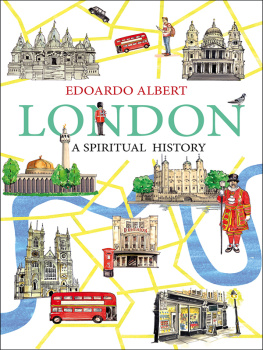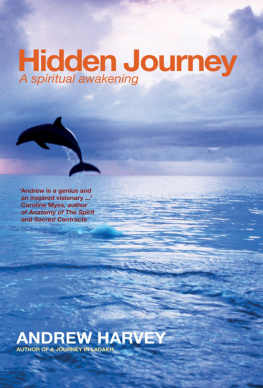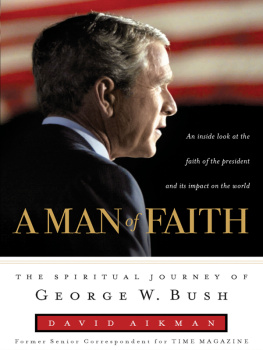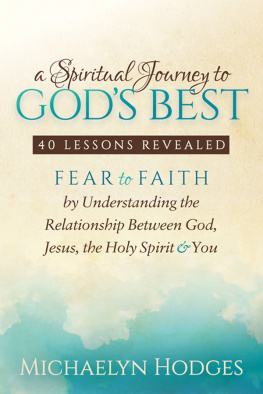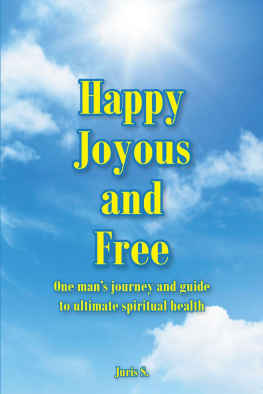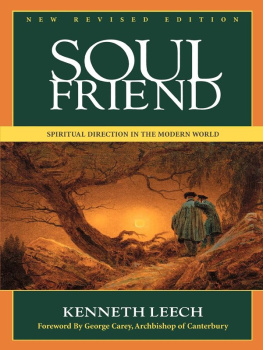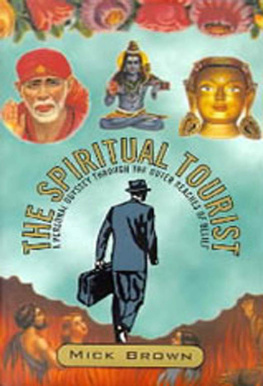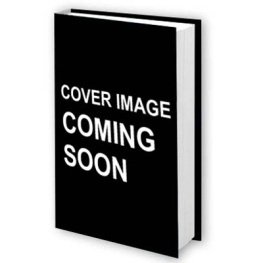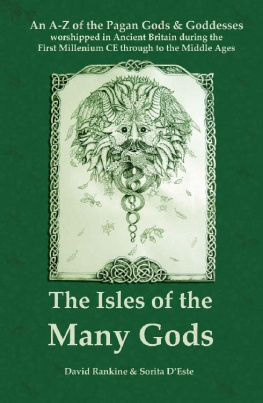LONDON
A SPIRITUAL HISTORY
Edoardo Albert, son of Italian and Sri Lankan migrants, criss-crossed London for years to repair TVs. He relates the citys spiritual history: Christianity arriving from Italy, through King Alfred and the mediaeval church, taking in atheism and theosophy, up to Hillsong and the present. He relates his own spiritual history too, from Catholicism, through atheism, the occult and Islam, then back again. Both are intriguing. He reaches an important conclusion: London, seemingly without anyone noticing, has become over the last twenty years the most religious part of Britain churches are opening up all over the place. And I think hes right.
R T H ON S TEPHEN T IMMS , MP FOR E AST H AM
EDOARDO ALBERT
LONDON

A SPIRITUAL HISTORY

Text copyright 2016 Edoardo Albert
This edition copyright 2016 Lion Hudson
The right of Edoardo Albert to be identified as the author of this work has been asserted by him in accordance with the Copyright, Designs and Patents Act 1988.
All rights reserved. No part of this publication may be reproduced or transmitted in any form or by any means, electronic or mechanical, including photocopy, recording, or any information storage and retrieval system, without permission in writing from the publisher.
Published by Lion Books
an imprint of
Lion Hudson plc
Wilkinson House, Jordan Hill Road, Oxford OX2 8DR, England
www.lionhudson.com/lion
ISBN 978 0 7459 5696 1
e-ISBN 978 0 7459 5697 8
First edition 2016
Acknowledgments
pp. 3435: 5 lines from The Earliest English Poems translated and introduced by Michael Alexander (Penguin Classics 1966, Third edition 1991) copyright Michael Alexander, 1966, 1977, 1991. Used by permission.
p. 50: Extract from Bede: Ecclesiastical History of the English People . The History translated by Leo Sherley-Price and revised by R. E. Latham, translation of the minor works, new Introduction and Notes by D. H. Farmer (Penguin Classics 1955, Revised edition 1968, 1990). Translation copyright Leo Shirley-Price, 1955, 1968. Introduction copyright D. H. Farmer, 1990. Translation of Bedes Letter to Egbert and Cuthberts Letter on the Illness and Death of the Venerable Bede copyright D. H. Farmer, 1990. Used by permission.
pp. 145146: English Literature in the Sixteenth Century, Excluding Drama by C. S. Lewis (1963, 1973). By permission of Oxford University Press.
p. 159: Essays Presented to Charles Williams by C. S. Lewis copyright C. S. Lewis Pte. Ltd. 1966. Extracts reprinted by permission.
pp. 126, 131, 132: Extract from Atheists: The Origin of the Species by Nick Spencer. Copyright Nick Spencer, 2014. Used by permission of Bloomsbury.
pp. 185186: The Silver Chair by C. S. Lewis copyright C. S. Lewis Pte. Ltd. 1953.
Cover image Roger Chouler, Jonathan Roberts
A catalogue record for this book is available from the British Library
For Harriet, Theo, Matthew, and Isaac


CONTENTS PAGE
ACKNOWLEDGMENTS
No book is produced alone, and this is no exception. Id like to thank Alison Hull at Lion, for first giving me a chance there, and then piloting this book through some choppy waters to its final destination as Stephen King once said, To write is human, to edit is divine. And at Lion Im blessed with a trio to match Pariss choice (but without the unfortunate consequences for Troy): not only Alison but also the two Jessicas, Tinker and Scott. Together, they have worked tirelessly to save me from my errors and infelicities. And when the book went for copy editing, I was most fortunate to have Drew Stanley running through the text with the greatest precision and a remarkable ability to remember contradictory things Id written fifty pages earlier. Needless to say, whatever faults remain are mine, clung on to despite their advice to the contrary.
Writing might be a solitary profession, but for a writer to succeed, he needs support, and a family willing to put up with penury while he pursues his craft. My family has done so, and put up with the ups of elation and the downs of struggle that go with it, with quite heroic patience I thank you (and put in a quick request for future forbearance too). So, Harriet, Theo, Matthew, and Isaac, this book is for you youve earned it!
Links
Find out more about Edoardo Albert and his books and stories at www.edoardoalbert.com and on his blog: www.edoardoalbert.com/blog/. He would be delighted if you would like him on Facebook (hes there as Edoardo Albert as well) or follow him on Twitter @EdoardoAlbert (the advantage of an unusual name is that no one else has claimed it first).
I NTRODUCTION

BENEATH THE BELLY OF A WHALE
Y ou cant do it now, but when I was a child you could walk under a whale. The model of Balaenoptera musculus (the blue whale) hung from the ceiling of the Natural History Museum. A skeleton hung alongside it, but it was the model that fascinated. Even now, as an adult, the size of the blue whale confounds me. Then, I was half as tall and it was at least ten times bigger, floating above me, its upcurving lips giving it an amused air, as if it was as surprised to find itself in the air as I was to see it there. That sealed it for me; the dinosaurs, the mammoths and sabre-tooth tigers, the giant deer and narwhal all drew me in, but it was the whale, Leviathan himself, that swallowed me. We became regular visitors to the museum, taking the tube from Holloway Road down to South Kensington and then the long, underground walk from the station to the museum entrance. It seemed an appropriately subterranean way to approach these creatures, dragged from earth and sea.
In memory, I wandered among wonders alone, in a museum devoid of crowds or crush. When I tried to recreate the zoological pilgrimages of my childhood with my own sons, we were driven from the museum by the unbearable press of people. Can the number of visitors have really risen so much, or does my memory impose the solipsism of childhood on its recollection of the museum?
You see, heres the deal. I was a child, the eldest son of immigrants. What, for them, was a strange, new world was home to me. Whats more, I was the eldest son of Italian (my mother) and Sri Lankan (my father) immigrants. To complicate matters, my father was half Sinhala and half Tamil: his own parents had been disowned as a result of their marriage. I was a boy who loved reading, clever, well behaved, who did well at school and received glowing school reports. I was, in fact, the Asian immigrant archetype: a swotty, well-presented (through all my years at school, I never once returned home with shirt untucked or tie undone) pupil upon whom the mantle of future doctor had already been placed by my proud parents. Every Asian/Italian immigrant in the seventies wanted their son to be a doctor and I loved science, scoring top marks in biology, physics, chemistry and, with a little more effort, maths. What else was I going to be?
But God bugged me.
I dont remember the answer, but I remember the question. I was about six at the time.
Mummy, I asked, it says in the Bible that God created everything, but scientists say that animals evolved from other animals. Which is right?

